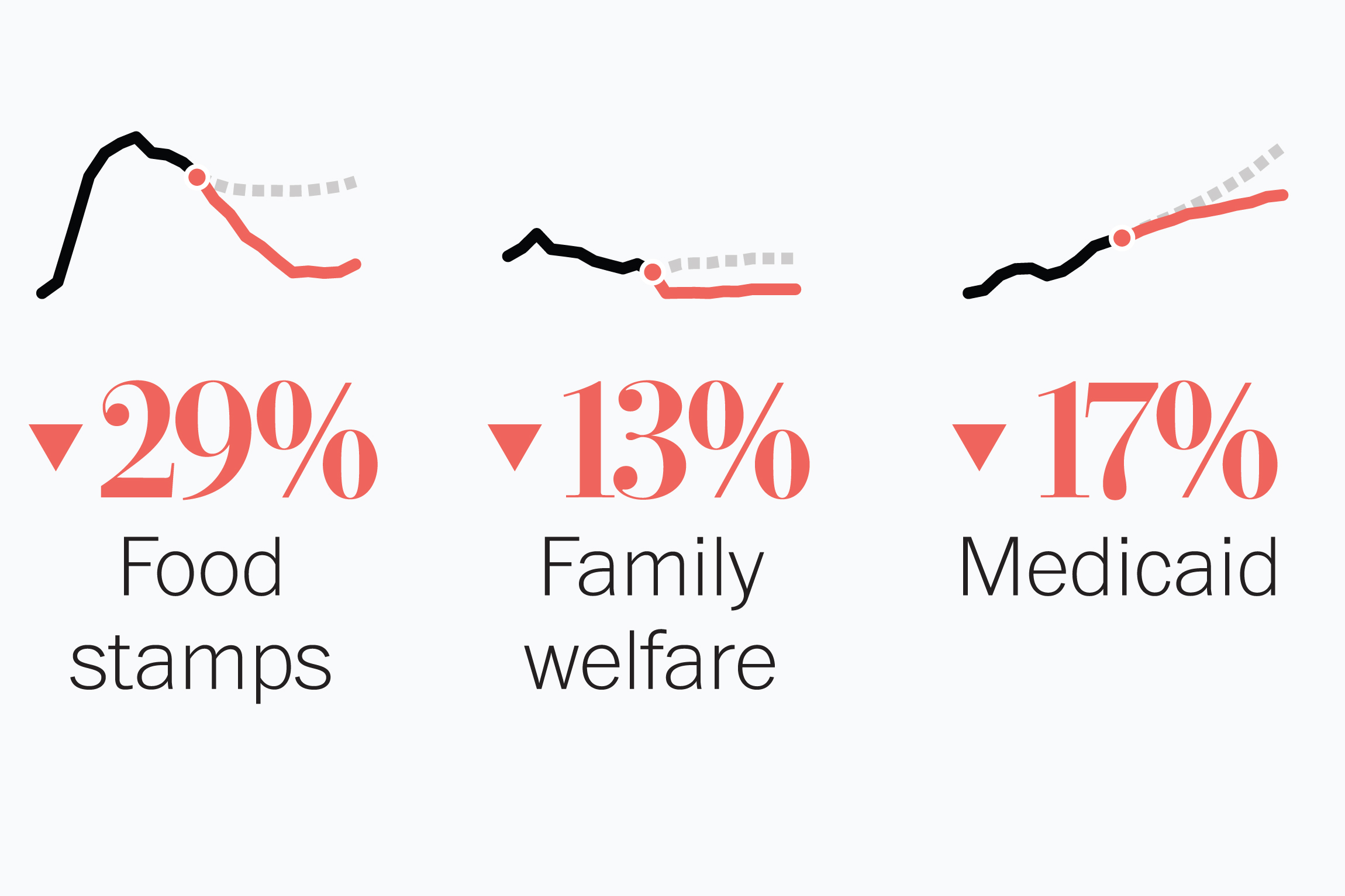American Academics Flee Political Hostility
In a striking turn of events, eight American researchers have become the first academic refugees to leave the United States for France, as reported by Politico. The scholars are part of Aix-Marseille University"s "Safe Place for Science" program, a bold initiative aimed at attracting academics who feel threatened by the funding cuts and political climate fostered by Donald Trump"s presidency. AMU"s president, Eric Berton, drew a comparison to the European scholars who fled Nazi Germany, emphasizing the historical weight of this exodus.
AMU"s Initiative Represents a Beacon of Hope
AMU"s commitment to providing a safe haven for researchers comes at a crucial time. As funding for critical areas such as climate science and social justice research dwindles in the U.S., scholars like James, a climate scientist, express grave concerns about their work"s future under a regime hostile to progressive science. "We are working in areas that are targeted," he stated, highlighting the precariousness of academic freedom in Trump"s America.

Trump budget cuts: safety net programs slashed - Washington Post
Funding Cuts Threaten Research and Innovation
The implications of this academic migration extend far beyond individual researchers. The Trump administration"s systematic undermining of scientific integrity and funding has created a chilling effect on research, particularly in fields addressing climate change and social justice. Brian Sandberg, a history professor who studies climate change during the Little Ice Age, echoed a sentiment that resonates deeply within the academic community: "The entire system of research and the entire education in the United States is really under attack." This ongoing assault not only threatens the livelihoods of researchers but also jeopardizes the future of scientific innovation that is crucial for tackling pressing global challenges.
Financial Challenges in Transitioning to France
While the allure of a fresh start in the sunny Mediterranean is undeniable, the transition is fraught with challenges. The financial landscape in France presents a stark contrast to the U.S., with lower salaries for academics and less funding for research overall. For some, like an early-career biological anthropologist, the hesitation to sign contracts arises from concerns about salary discrepancies, despite the promise of a less stressful life. Nevertheless, she acknowledges a significant advantage: "Education for my two children would be free." This financial reality underscores the complexities of academic migration, where the promise of a better work-life balance must be weighed against economic viability.
![Is France Safe to Travel? [2024]](/api/image/articles/e24f4150-f1a1-4016-8ee5-80c2ca48eb1b-American-academics-France-Safe-Place-for-Science.jpg)
Is France Safe to Travel? [2024]
Social Justice and Environmental Impact at Stake
The movement of these scholars to France raises urgent questions about the intersection of environmental policy and social justice. Many of the researchers fleeing the U.S. are engaged in work that addresses systemic issues affecting marginalized communities and the planet. Their departure signals a loss of vital voices in the ongoing struggle for climate action and justice. As AMU prepares to welcome more scholars—potentially increasing its hires from 20 to 39 with €15 million already allocated—there is a palpable urgency in the academic community. The funding disparity between the U.S. and France must be addressed to ensure that these researchers can contribute meaningfully to the global discourse on climate change and social equity. In this context, the creation of a "scientific refugee" status, as advocated by Berton and former French President François Hollande, could advocate for the rights of those who seek refuge from a hostile academic environment.



![[Video] Gunfire between Iraqi security forces and Sadr militias in Baghdad](/_next/image?url=%2Fapi%2Fimage%2Fthumbnails%2Fthumbnail-1768343508874-4redb-thumbnail.jpg&w=3840&q=75)
